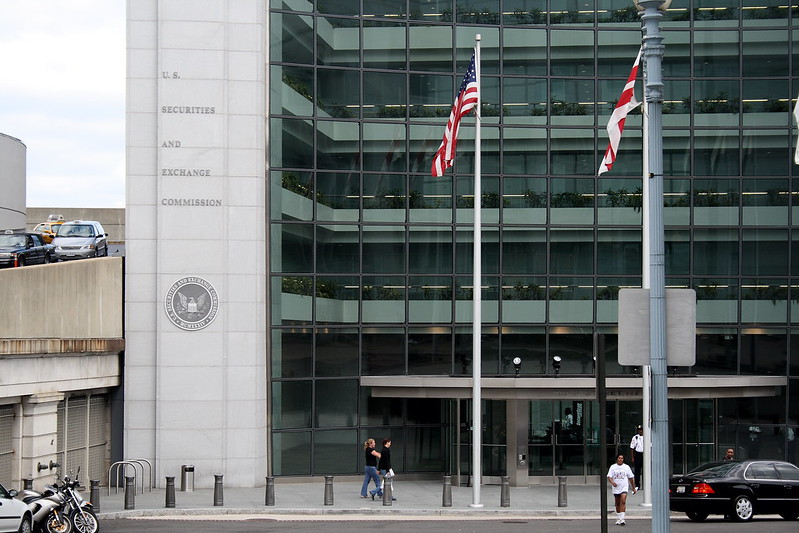
Americans for Tax Reform signed a coalition letter alongside other free-market organizations to encourage the Securities and Exchange Commission to abandon its plans to regulate the use of certain financial products and implement additional sales-practice rules between broker-dealers, investment advisors and their clients. The proposed rule will place onerous and unnecessary qualification requirements on American investors before they can freely purchase or sell certain securities openly traded in public markets.
The SEC plans to re-introduce a 2015 Obama era regulation that will inherently restrict investors ability to purchase a specific type of Exchange Traded Fund. Known as “geared” ETFs, these products are “leveraged”, meaning they typically offer investors the opportunity to earn two – three times the daily rate of return of a benchmark like the S&P 500. Like any investment product, they carry some form of risk, paired with the opportunity to earn higher returns. Geared ETFs have been available for investors to own for over 25 years, and are commonly purchased as short-term investments, rather than the buy and hold strategy of investing in government bonds that earn small but steady return from the interest on the bond.
If the SEC moves forward with its proposed regulation, the rule will require broker-dealers to collect detailed personal information. After the information is collected, the broker-dealer is then empowered to determine if their client or perspective client is “capable” of understanding the risks of this product. If the broker-dealers or investment advisors determine clients do not meet this arbitrary “capability” standard, clients and investors will be prohibited from purchasing these funds and denied an opportunity to own products that may help them achieve the higher rates of return they desire.
Furthermore, the recently implemented Regulation Best Interest laws already empower broker-dealers to decide what’s best for their clients, and the implementation of these proposed rules will only further burden investors. If the proposal is implemented in its current form, the SEC will have effectively placed themselves between investors and their trusted brokers or advisors allowing investors to only choose from options the government deems appropriate.

